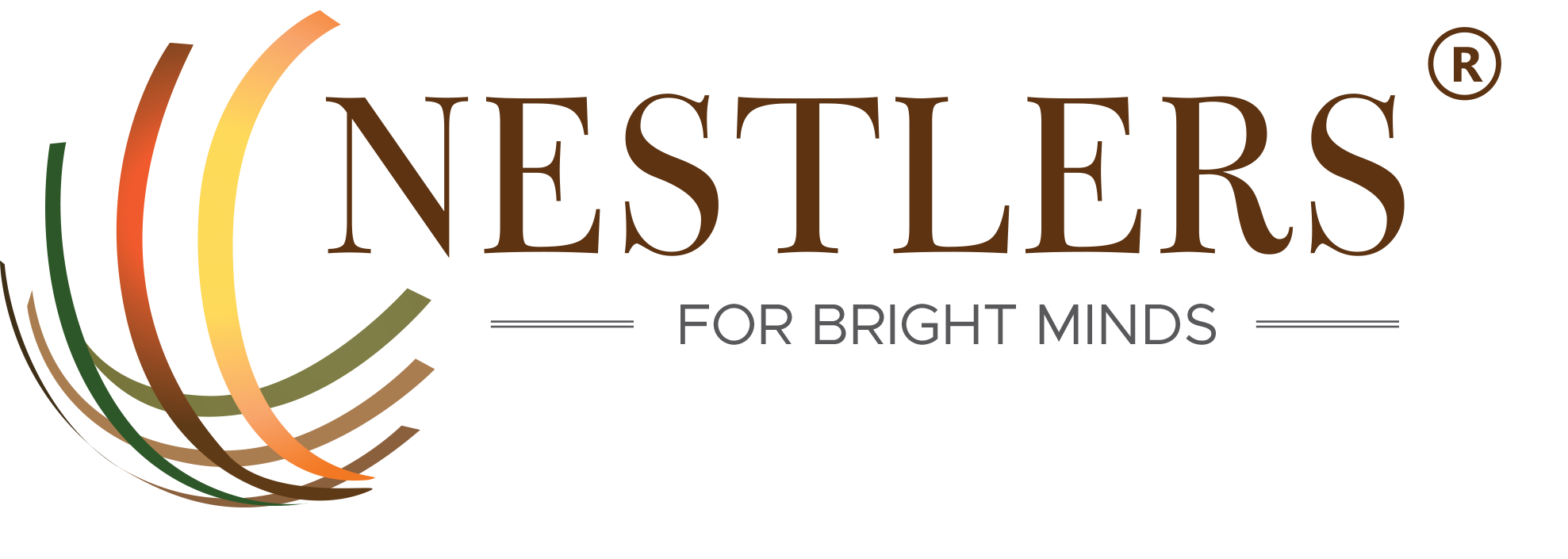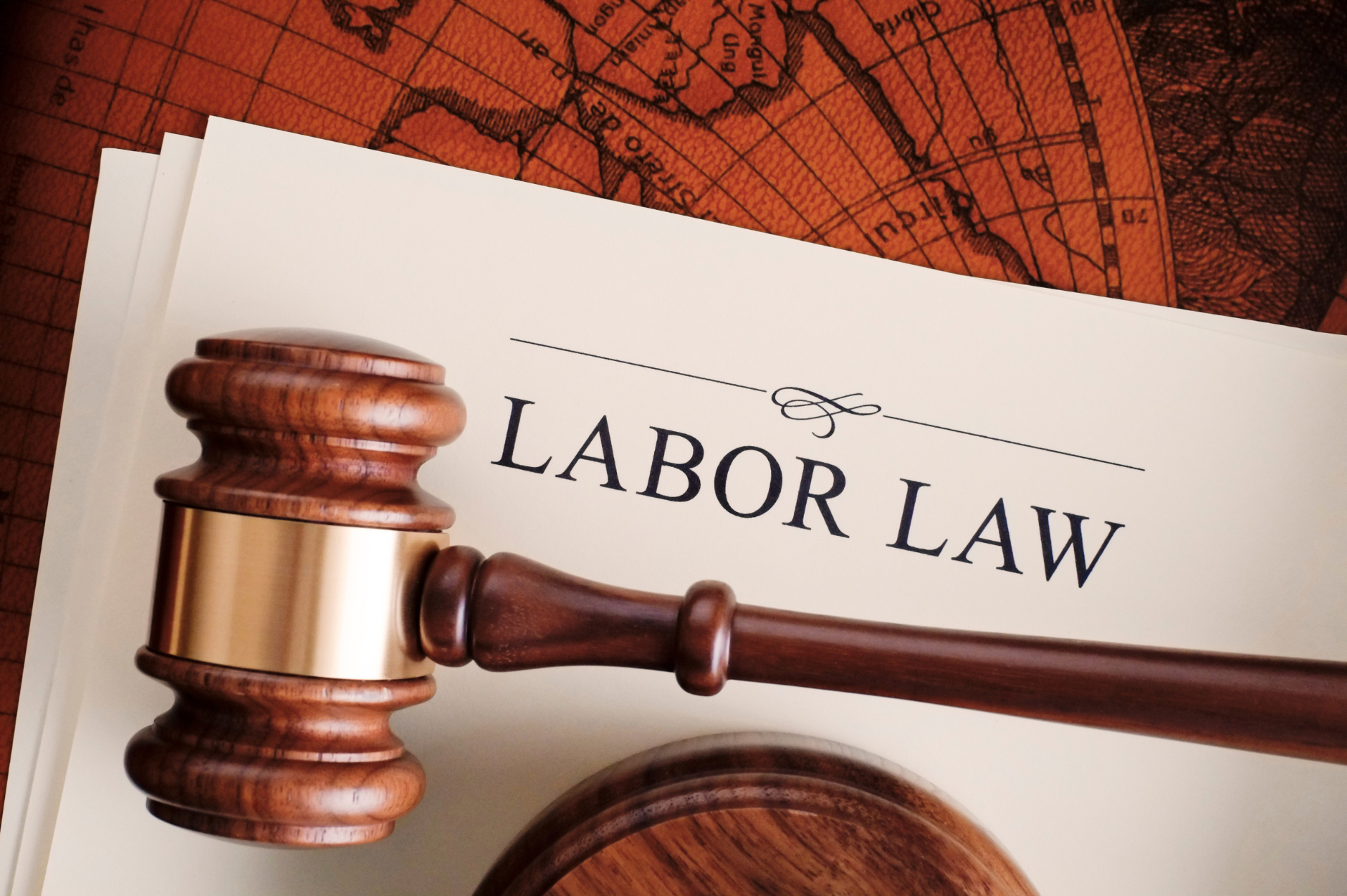UK’s fundamental principles of business culture are courtesy, politeness, discipline and of course, punctuality. However, they are well-known for their ironic humour which the most probably will use while conducting business in order to loosen up the air. Their culture is less hierarchical as managers keep a marginal power distance, nevertheless hierarchies are still definitive and influence the decision-making process strongly.
- Primary Contact: The first contact should always be established by email as it is considered to be the most efficient and formal way of introduction. These emails should use a formal tone and a proper way of addressing containing title and full name. Further, you should address the specific needs of the meeting, as well as you should do your research accordingly and address the specific department while clearly outlining the objectives of the meeting.
- Punctuality: Time management is considered to be extremely important in the UK and thus, arriving on time for any meeting of the highest significance. Tardiness reflects terribly in a professional setting and you should always announce your counterpart of any possible unavoidable delays. Meetings tend to stick to the schedule as British individuals tend to time each of their professional encounters and follow the agenda.
- Greetings: Handshakes are the social norm for greetings for both genders. These tend to be quite brief but firm, while maintaining direct eye-contact. Whenever someone introduces themselves as ‘Mrs’ or ‘Mr’, you should use these forms up until the moment you are asked to use their first name in a more informal manner.
- Gifting: Most of the companies will not be used to accepting nor giving gifts as it is not considered a necessary part of the business culture in the UK. However, if a gift is offered, it is very important to ensure that it is not too expensive as it can be considered a bribe or furthermore, it can be considered as an insult from your counterpart.
- Dress-Code: Formal business attire is considered to be the social norm for men and women throughout the UK. Both men and women should wear suits. Accessories are acceptable.
- Business Cards: Business cards are usually exchanged at the beginning of the first meeting and it should always be treated with respect, however there is no strict protocol surrounding this exchange.
- Business Meetings: Small talks are usually used in order to break the ice of a rigid and strictly professional encounter. However, it is not recommended to talk about anything around the subject of a personal life, as well as you should never intrude in the private life of your British counterparts as they tend to be extremely private. While the British tend to be rather formal, especially during the initial stages of negotiation, humour is used profusely to lighten the setting. It is recommended to reciprocate this to build a good atmosphere for discussion. During the meeting, it is important to have good arguments sustained by facts and figures, as well as you should always highlight all win-win scenarios that can come out of the set negotiation or deal. The British can be cautious and unlikely to commit to anything immediately, so you should not expect final decisions to be made during first meetings. Despite their formality, the British often like to have a relaxed approach about business, therefore it is better to give the impression that everything is well managed and under control. If your British counterparts are interested in learning more about your offer they will most likely accept or suggest a follow-up meeting or a business lunch/dinner.
In conclusion, in the UK’s business culture, personal relationships are not as important as British people tend to be quite focused on conducting business in a formal manner. However, they enjoy working with peers whom they have some familiarity with, which is developed through numerous business meetings or through being introduced by a third party, rather than introducing yourselves directly.
Connect with Nestlers consultants
Do you need immigration and relocation services or consultancy?
It’s easy! Use the below contact form and one of our experts will provide you an answer as soon as possible.
Our consultants can help you in obtaining legal documents and can provide you with assistance regarding the immigration processes, relocation, taxes and payroll, Social Security (European forms A1, S1, U1, etc.) for your employees.





